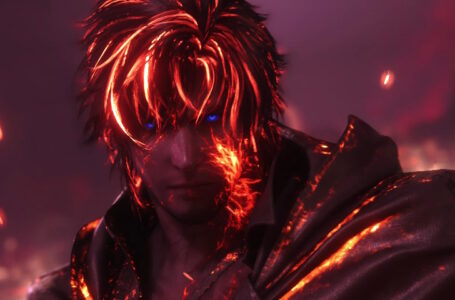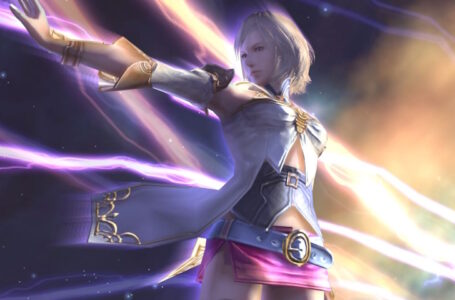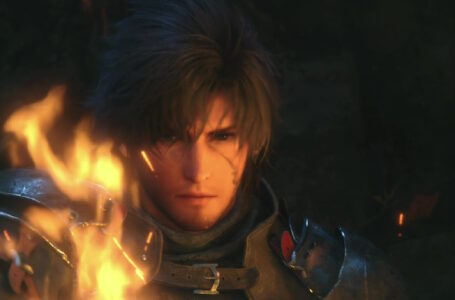If a game is good, frame rate really doesn’t matter
It seems that the hotly anticipated spacebound Elder Scrolls successor Starfield will be locked to 30 frames per second on Xbox Series blahdeblah platforms; apparently 60 frames per second was possible, but 30 was chosen to ensure complete consistency. And to that I say one simple thing: fine. If the game is good, the frame rate doesn’t matter.
Now, I can feel all the “hardcore gamers” winding up to post absolutely furious comments, telling me to “take the L” and that I’m “bending the knee” or some other such absolute nonsense, but anyone with half a brain only needs to look at the facts to see that blindly raging every time something doesn’t reach 60fps is ridiculous… because some of the best games of this year run at a frame rate lower than that.
Two great examples immediately spring to mind, with The Legend of Zelda: Tears of the Kingdom probably being the most prominent example.

The recent Zelda games are a great discussion point with regard to this sort of thing, because when both Breath of the Wild and Tears of the Kingdom came out, they really highlighted the existence of people who don’t understand the concept of a game having a specific art style and mode of presentation. These people criticised the Zelda games for not being as “detailed” as something like, say, Horizon, saying that they had “bad” graphics.
This is, as anyone who has played either Breath of the Wild or Tears of the Kingdom knows, bollocks. Both of them are lovely looking games that make good use of their distinctive art style — and where their respective game worlds are full of life, interesting things to see and plenty of things to do. Compare and contrast with umpteen “photorealistic” open-world games in which there’s a field full of rocks and mud and fuck all to do in it, and you’ll see the issue.
Interestingly, when Tears of the Kingdom came out, I didn’t see much mention of frame rate at all, because it’s been well-established that 60fps isn’t something we should expect from Zelda. Indeed, even beyond the two Switch games, the Zelda series has never run at a high frame rate outside of its early 2D incarnations. And it’s never mattered.
The Switch in general is the poster boy for how silly this whole argument is, because while it’s long been regarded as “underpowered” in relation to even the PS4 and Xbox One, it remains astonishingly popular, particularly in its native Japan. Despite all the calls from western fanboys who want to see a “Switch Pro” or a full-on successor, Nintendo, at present, has precisely zero incentive to provide that because the Switch itself is still selling ridiculously well despite its supposed “shortcomings”… suggesting that those shortcomings aren’t really such a big deal after all.
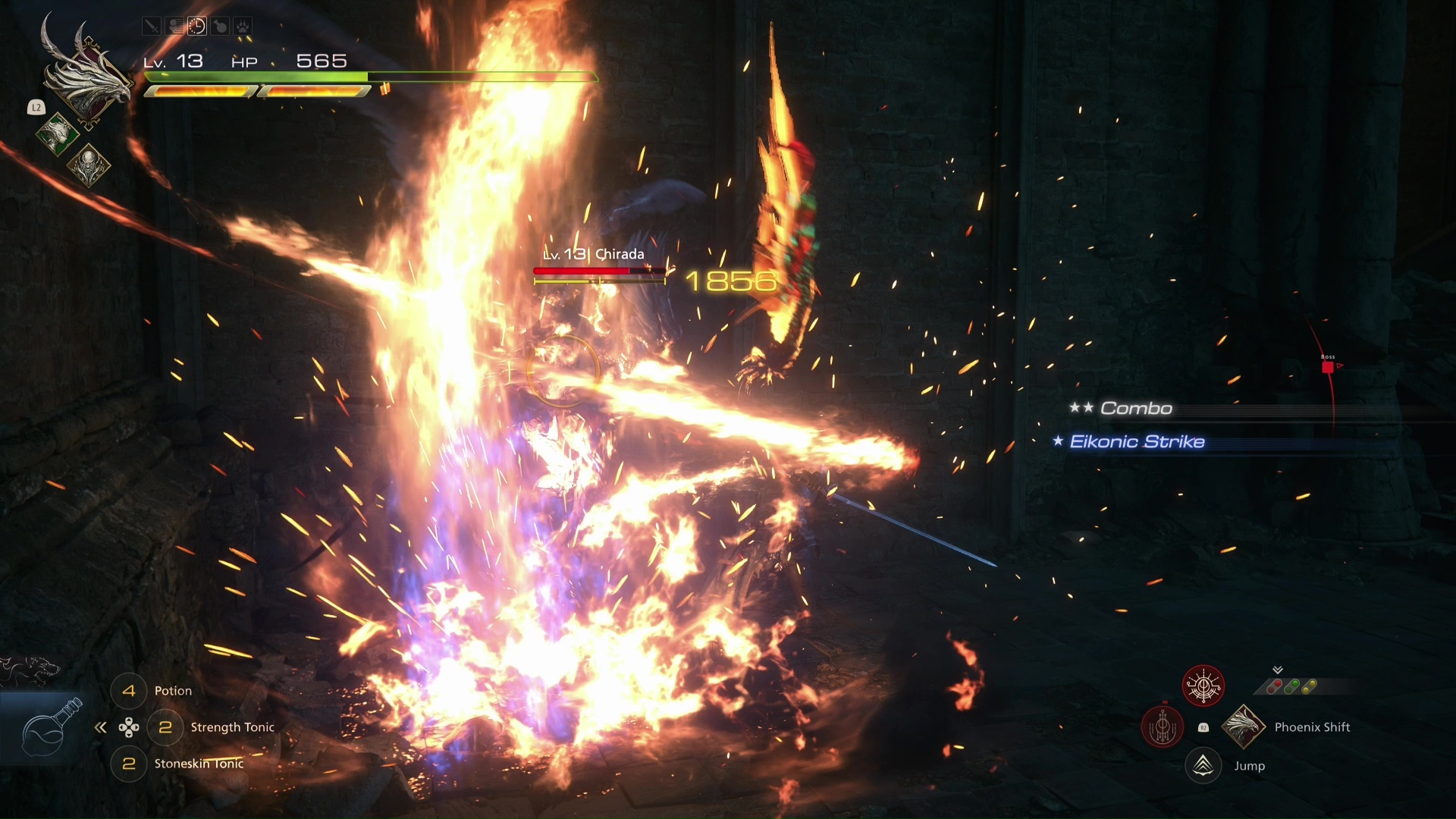
The second example is Final Fantasy XVI, certain to be one of the biggest games of the year. The recent demo release, along with all the footage that has been released so far, shows that this plays at a solid 30 frames per second in its default graphics mode. And you know what? That’s also absolutely fine. The game looks great, has clearly been well-optimised to run at this frame rate and plays brilliantly. Its cinematic scenes are some of the most beautifully directed in the series — and all real-time — while its in-game sequences look fantastic and are also fully interactive.
Interestingly, again, in the run-up to the release of Final Fantasy XVI and even after the demo released, I haven’t seen a single person complain about the frame rate (although granted, for the sake of my own sanity, I haven’t been specifically looking for it). It’s almost like it doesn’t matter at all. Because it doesn’t.
There are, of course, situations where 60fps is a worthwhile thing to pursue. Shoot ’em ups and fighting games particularly benefit from it, as do driving games; even outside of the perceived responsiveness that a slick frame rate provides, there’s a distinctly “arcade-style” feeling to any game that runs super-smoothly. That is something that I can completely understand developers of games with more arcade-like tendencies pursuing, because it helps capture a very specific — and very “game-like” — feel, and it can work well.
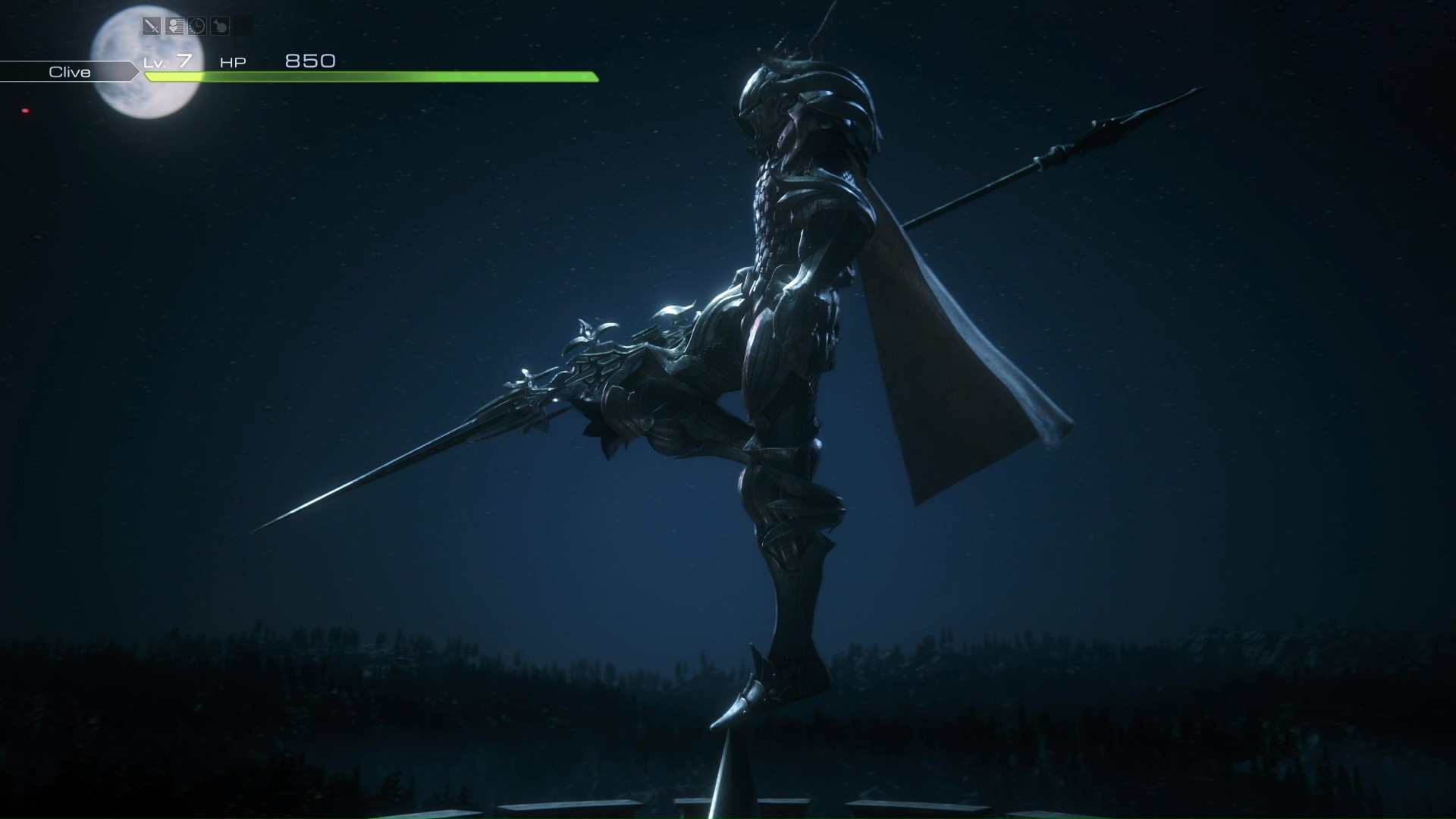
But it’s by no means essential. I’ve played racing games, fighting games and shoot ’em ups that run at 30fps or below — hell, I still like Star Fox on Super NES, and that has a framerate that would be described as “woeful” by modern standards — and still had an absolutely great time. As with everything else, it’s all about if the game is actually good. Nothing else matters. And no, being sub-60fps doesn’t automatically make a game “not good”.
Frame rate is one of those things where if you spend all your time complaining about it, you never get around to actually enjoying some truly brilliant games. I can’t say for certain how Starfield is going to turn out — but Tears of the Kingdom is already a Game of the Year contender at less than 60fps and it’s more than likely Final Fantasy XVI is going to follow suit, also. I’m not a big fan of Bethesda open-world games in general, but everything seems to suggest that Starfield is probably going to be one of their most impressive games to date, regardless of frame rate.
So stop yer moanin’, close Twitter for once (preferably delete your account — you’ll have a much nicer time in your daily life, believe me) and go actually enjoy some video games. I hear there are some pretty good ones out there these days.
Join The Discussion
Rice Digital Discord
Rice Digital Twitter
Rice Digital Facebook
Or write us a letter for the Rice Digital Friday Letters Page by clicking here!
Disclosure: Some links in this article may be affiliate links, which means we may earn a small commission if you make a purchase after clicking on them. This is at no additional cost to you and helps support Rice Digital!
- Letter from the Editor: passing the torch - June 30, 2023
- Super Woden GP 2 is looking promising - June 30, 2023
- Inti Creates is making a 32 bit-style Love Live action platformer - June 26, 2023




